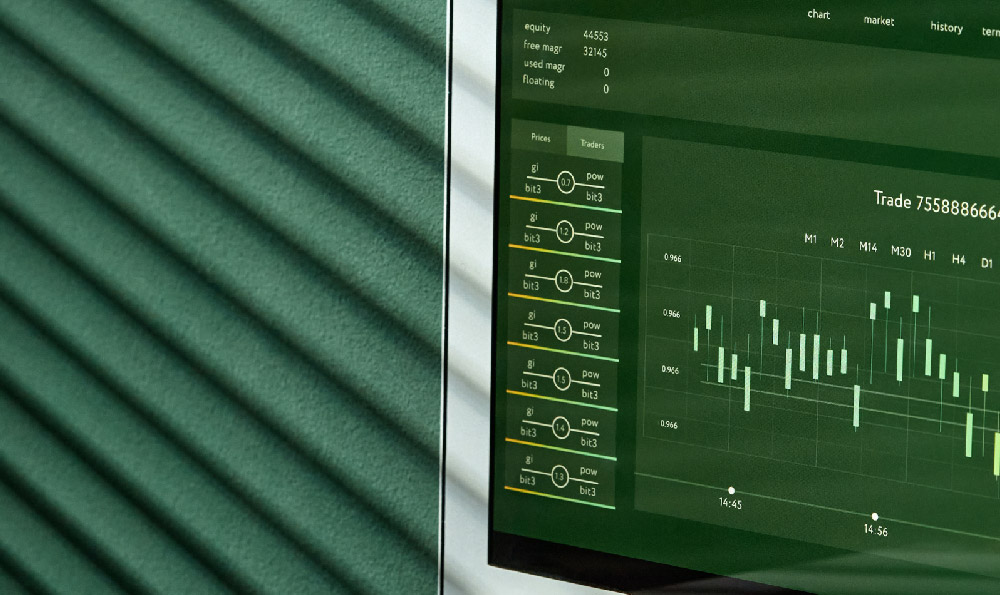Do HVAC Technicians Earn Well? What's the Salary Like for HVAC Professionals?
Okay, here's an article addressing the earning potential of HVAC technicians, aiming for depth, detail, and a narrative flow rather than a simple list:
Do HVAC Technicians Earn Well? What's the Salary Like for HVAC Professionals?
The demand for comfort is a persistent force in modern society. We expect to be warm in the winter, cool in the summer, and to breathe clean, properly humidified air throughout the year. Behind this expectation is a skilled and often underappreciated workforce: Heating, Ventilation, and Air Conditioning (HVAC) technicians. But are these professionals fairly compensated for their vital role in maintaining our comfort and well-being? The answer, while nuanced, generally leans toward a promising outlook.

The salary landscape for HVAC technicians isn't a monolithic plateau. It's a varied terrain shaped by factors such as experience, location, specialization, and the type of employer. Entry-level positions, as with most fields, typically offer more modest compensation. A newly certified technician straight out of vocational school or an apprenticeship might start earning in the lower range for the profession. However, this is just the starting point.
Experience quickly translates into increased earning potential. As technicians accumulate years on the job, mastering the intricacies of various HVAC systems and developing troubleshooting expertise, their value to employers rises significantly. Senior technicians, those with a decade or more of experience, often command considerably higher salaries, reflecting their ability to diagnose complex problems, efficiently perform repairs, and potentially mentor junior staff.
Geographic location plays a crucial role in determining HVAC technician salaries. Areas with a high cost of living, such as major metropolitan centers, often offer higher wages to compensate for the increased expenses. Furthermore, regions with extreme climates, whether scorching summers or frigid winters, tend to have a greater demand for HVAC services, driving up compensation for qualified professionals. Consider, for instance, the difference in demand and pay scale between a technician in sun-drenched Arizona versus one in temperate coastal California versus one in frigid Minnesota.
Specialization within the HVAC field can also impact earning potential. While a general HVAC technician is capable of handling a wide range of tasks, some choose to specialize in specific areas, such as commercial refrigeration, industrial HVAC systems, or even specific brands of equipment. These specialized skills are often in high demand, allowing technicians to command premium rates for their expertise. Think about the complexities involved in maintaining the climate control systems in a data center versus those in a residential home. The skill set required, and therefore the compensation, is significantly different.
The type of employer also influences an HVAC technician's salary. Technicians employed by large corporations or government agencies often receive higher wages and more comprehensive benefits packages compared to those working for smaller, family-owned businesses. Unionized positions, in particular, tend to offer competitive salaries and benefits, along with job security and opportunities for advancement. However, smaller companies may offer more flexibility and a greater sense of ownership, which can be valuable non-monetary benefits.
Beyond the base salary, many HVAC technicians also have the opportunity to earn additional income through overtime pay, bonuses, and commissions. Emergency repair services, which often occur outside of regular business hours, can be particularly lucrative. Technicians who are willing to be on call and respond to urgent service requests can significantly boost their earnings. Sales commissions on new equipment installations can also add a substantial amount to their annual income.
The skills required to excel in the HVAC field also contribute to its earning potential. A strong understanding of electrical systems, mechanical principles, and building codes is essential. Problem-solving skills, attention to detail, and the ability to work independently are also highly valued. Furthermore, excellent customer service skills are crucial for building rapport with clients and securing repeat business. HVAC work often requires interacting directly with homeowners or business owners, explaining technical issues in layman's terms and offering solutions that meet their needs.
The job outlook for HVAC technicians is generally positive. As existing HVAC systems age and new construction continues, the demand for qualified technicians is expected to remain strong. Furthermore, the growing emphasis on energy efficiency and sustainable building practices is creating new opportunities for technicians with expertise in these areas. The shift towards more complex and technologically advanced HVAC systems, including smart thermostats and energy management systems, also requires technicians to continually update their skills and knowledge.
Becoming a certified HVAC technician typically involves completing a vocational training program or apprenticeship, followed by passing a certification exam. While the initial investment of time and money may seem significant, it can pay off handsomely in the long run, leading to higher earning potential and greater career opportunities. Continued education and training are also essential for staying ahead of the curve in this rapidly evolving field. New technologies and regulations are constantly being introduced, and technicians who are committed to lifelong learning will be best positioned for success.
In conclusion, while the specific salary for an HVAC technician can vary depending on a number of factors, the profession generally offers a good earning potential, particularly for those with experience, specialized skills, and a strong work ethic. The combination of steady demand, opportunities for advancement, and the ability to earn additional income through overtime and commissions makes HVAC a promising career path for individuals who are interested in a hands-on trade that provides a valuable service to society. The importance of HVAC systems in our daily lives ensures that skilled technicians will continue to be in demand for years to come, making it a stable and rewarding career choice. The satisfaction of restoring comfort to a sweltering home on a hot summer day, or ensuring that a business can operate smoothly in the dead of winter, is an added bonus that many HVAC professionals find deeply rewarding.















